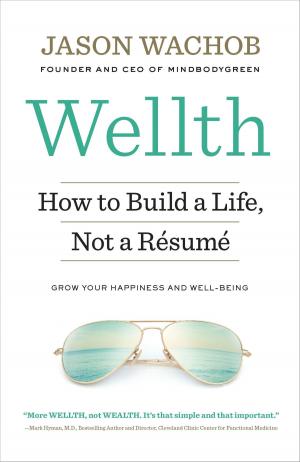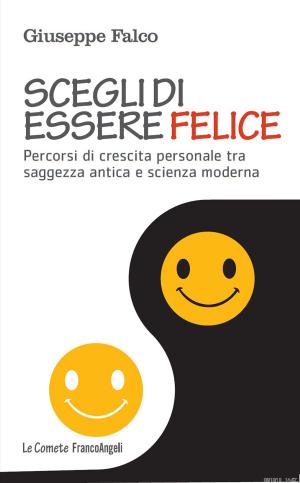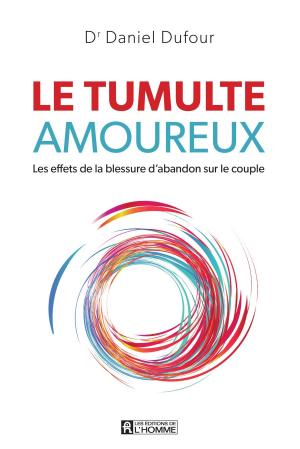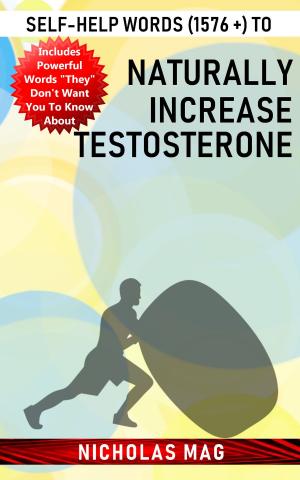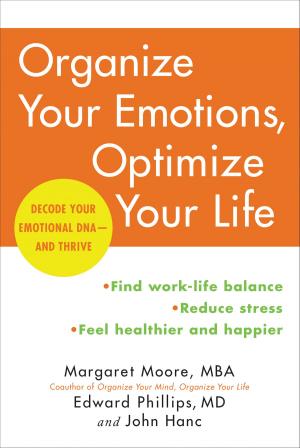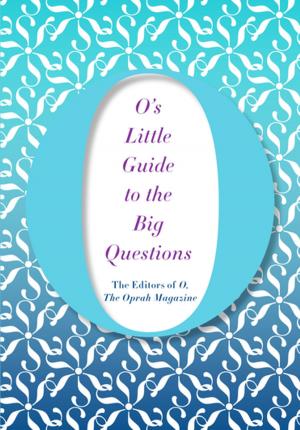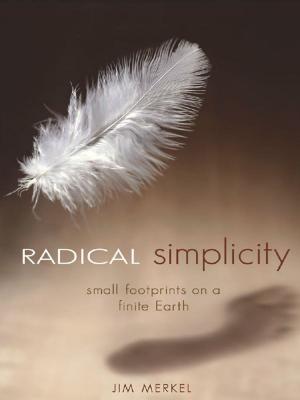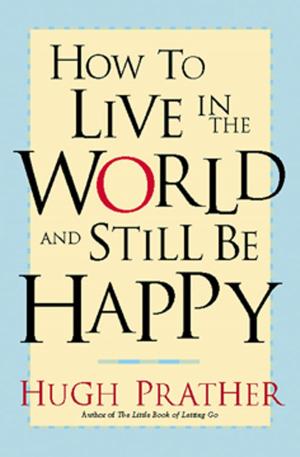Healing Personal Psychology
Nonfiction, Health & Well Being, Psychology, Clinical Psychology, Reference & Language, Education & Teaching, Counseling & Guidance, Self Help, Mental Health, Happiness| Author: | Jasenn Zaejian | ISBN: | 9780983066019 |
| Publisher: | Related Publishing & Consulting | Publication: | June 10, 2011 |
| Imprint: | Related Publishing & Consulting | Language: | English |
| Author: | Jasenn Zaejian |
| ISBN: | 9780983066019 |
| Publisher: | Related Publishing & Consulting |
| Publication: | June 10, 2011 |
| Imprint: | Related Publishing & Consulting |
| Language: | English |
The "mental health" professions are responsible for creating and maintaining a folie à deux or shared public delusion that their intention is to heal. On close inspection, we see that the primary function of "mental health" professionals is to serve as moral arbiters of human behavior. The legislature has granted clinical psychology and psychiatry the legal rights to define certain behaviors as "mental illness." Behaviors are defined as "mental illness," by morally tinged personal (clinical) opinion. Cleverly hidden from the public, is the fact that the concept of "mental illness" has never been established by rigorous science to qualify as an "illness" or disease. The concept of "mental illness" continues to be created or invented by selected moral judgments and committee discussions, not science. Healing Personal Psychology presents an historical line of development of psychology and psychiatry from its roots in 19th Century German authoritarianism and oppression to the present state of the field, where little has changed. The clinical gaze is the bedrock of the professions. Therein lies the failure of the "mental health" professions to effectively heal. Mainstream clinical psychology and psychiatry, by their very natures, engage in some of the most repressive practices in modern society. Supporting the thesis of this failure with factual references, we are taken on an experiential journey through the system to see the devastation "mental health" treatment has caused by the creation of disease, including central nervous system, motor neuron, and organ diseases, found in different studies to range between 10%-75% of all those treated. Not to mention the personal ruin caused for millions of people every year, by effectively eliminating their freedom of choice to engage in a pleasurable life existence. Strategic change exercises, effective in healing a range of serious difficulties, are presented as a solution to this devastation. Valuable resources for healing from surprising sources are illustrated, with references for daily practice. The author brings more than 30 years of experience to bear in pointing towards a healthy way out. This book can be utilized by professionals and the public, both as an instructive textbook on alternative healing approaches for psychosis, depression, anxiety, fears, phobias, obsessive or compulsive behaviors, trauma or post-traumatic related difficulties, and as a resource that documents the system of oppression and inconsistent level of competence in the clinical psychology and psychiatry professions.
The "mental health" professions are responsible for creating and maintaining a folie à deux or shared public delusion that their intention is to heal. On close inspection, we see that the primary function of "mental health" professionals is to serve as moral arbiters of human behavior. The legislature has granted clinical psychology and psychiatry the legal rights to define certain behaviors as "mental illness." Behaviors are defined as "mental illness," by morally tinged personal (clinical) opinion. Cleverly hidden from the public, is the fact that the concept of "mental illness" has never been established by rigorous science to qualify as an "illness" or disease. The concept of "mental illness" continues to be created or invented by selected moral judgments and committee discussions, not science. Healing Personal Psychology presents an historical line of development of psychology and psychiatry from its roots in 19th Century German authoritarianism and oppression to the present state of the field, where little has changed. The clinical gaze is the bedrock of the professions. Therein lies the failure of the "mental health" professions to effectively heal. Mainstream clinical psychology and psychiatry, by their very natures, engage in some of the most repressive practices in modern society. Supporting the thesis of this failure with factual references, we are taken on an experiential journey through the system to see the devastation "mental health" treatment has caused by the creation of disease, including central nervous system, motor neuron, and organ diseases, found in different studies to range between 10%-75% of all those treated. Not to mention the personal ruin caused for millions of people every year, by effectively eliminating their freedom of choice to engage in a pleasurable life existence. Strategic change exercises, effective in healing a range of serious difficulties, are presented as a solution to this devastation. Valuable resources for healing from surprising sources are illustrated, with references for daily practice. The author brings more than 30 years of experience to bear in pointing towards a healthy way out. This book can be utilized by professionals and the public, both as an instructive textbook on alternative healing approaches for psychosis, depression, anxiety, fears, phobias, obsessive or compulsive behaviors, trauma or post-traumatic related difficulties, and as a resource that documents the system of oppression and inconsistent level of competence in the clinical psychology and psychiatry professions.


